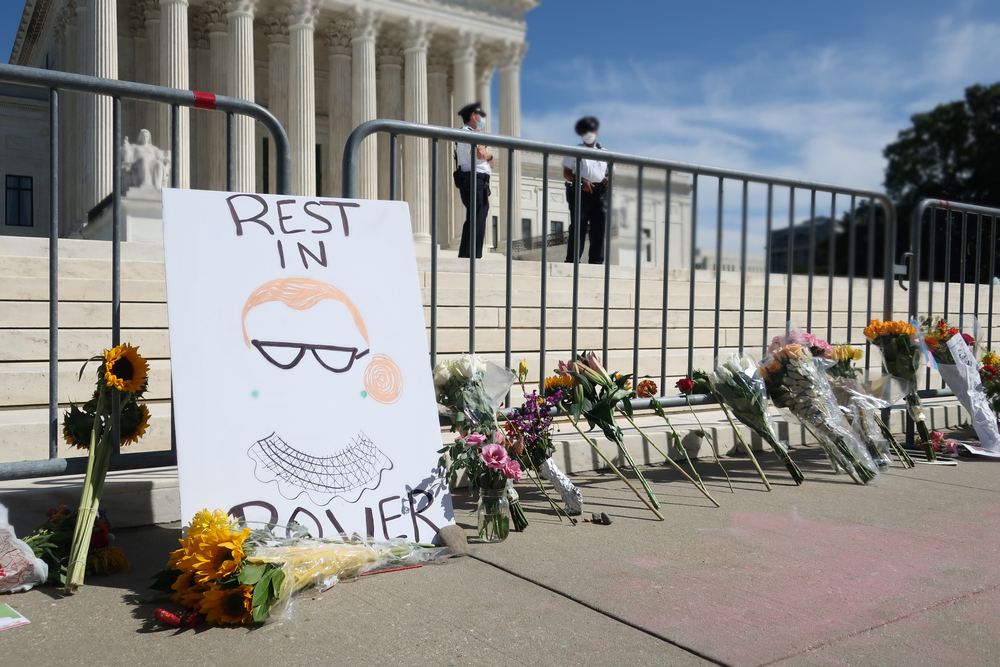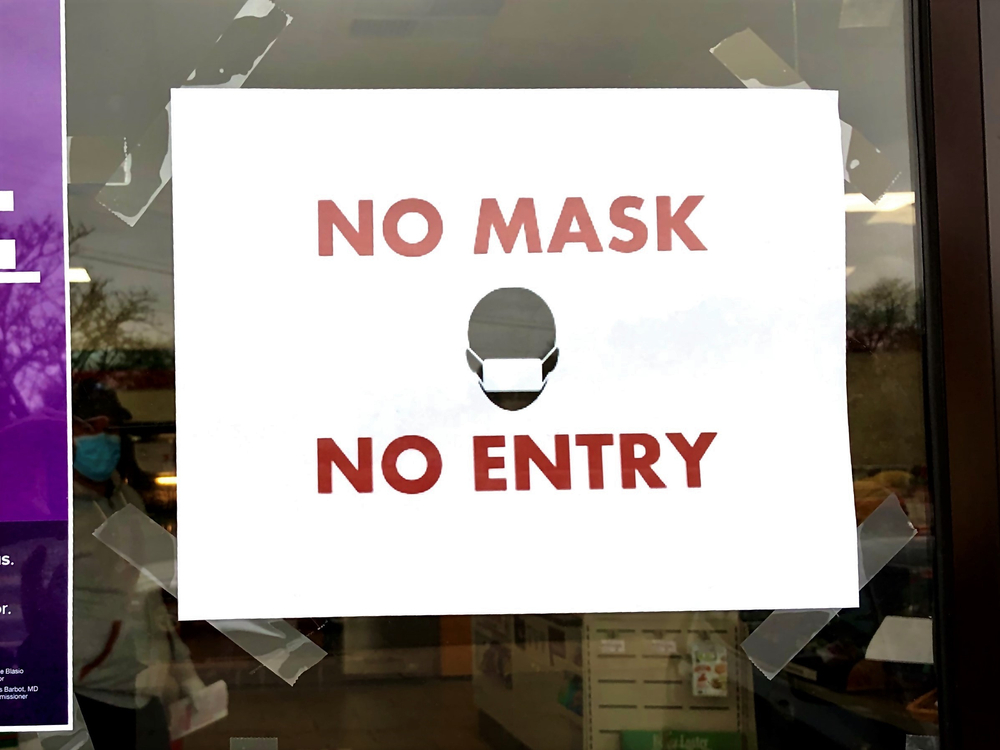In the days after the death of Ruth Bader Ginsburg, her opinions, dissents and phrases, from eloquent writings to chuckled one-liners, are cementing her as a ferocious defender of the underrepresented, especially women.
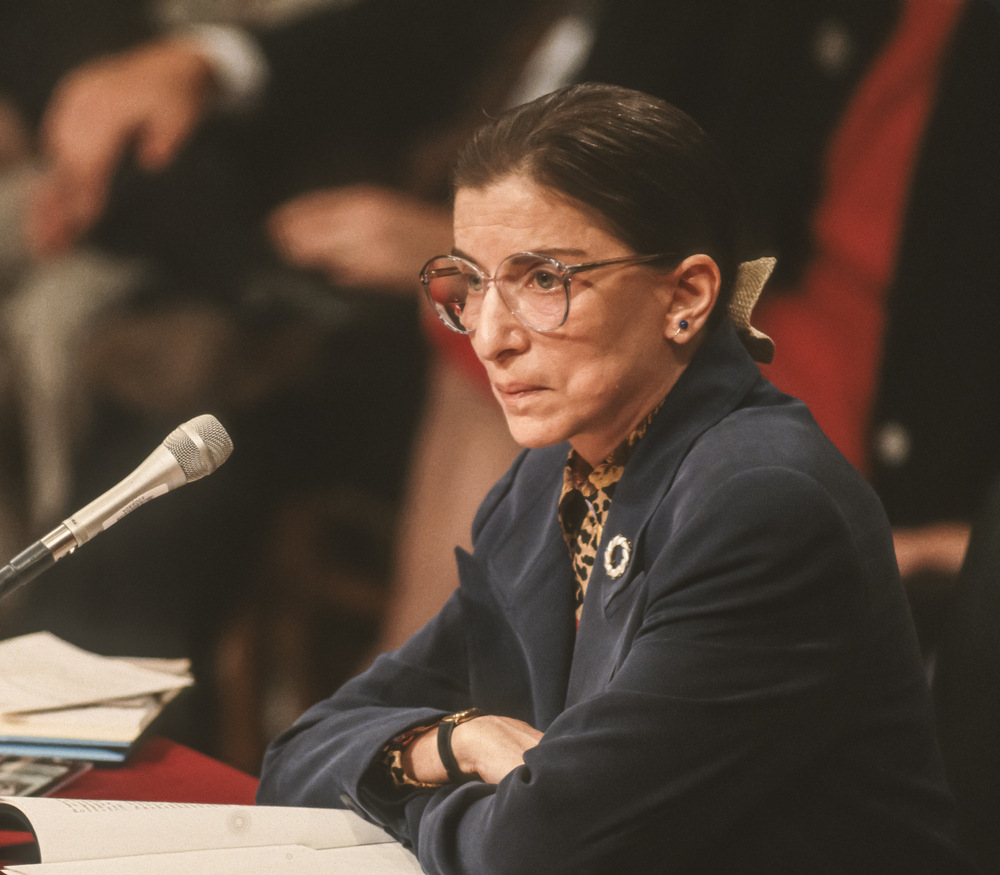
“A gender line … helps to keep women not on a pedestal, but in a cage,” she said during one argument before the Supreme Court as an attorney for the ACLU Women’s Rights Project.
One of the landmark cases she’s known for during her tenure as a Supreme Court Justice is United States v. Virginia. In 1999, three years after being appointed, Ginsburg led the Supreme Court in requiring the state-funded Virginia Military Institute to admit women.
In the opinion of the court she wrote “generalizations about ‘the way women are,’ estimates of what is appropriate for most women, no longer justify denying opportunity to women whose talent and capacity place them outside the average description.”
But long before she achieved icon status or even a seat on the bench, Ginsburg was a professor at Rutgers Law School from 1963 to 1972, and cofounded the ACLU’s Women’s Right Project in 1971. She worked on many cases advancing women’s equality as an attorney until she was appointed to U.S. Court of Appeals for the District of Columbia in 1979.
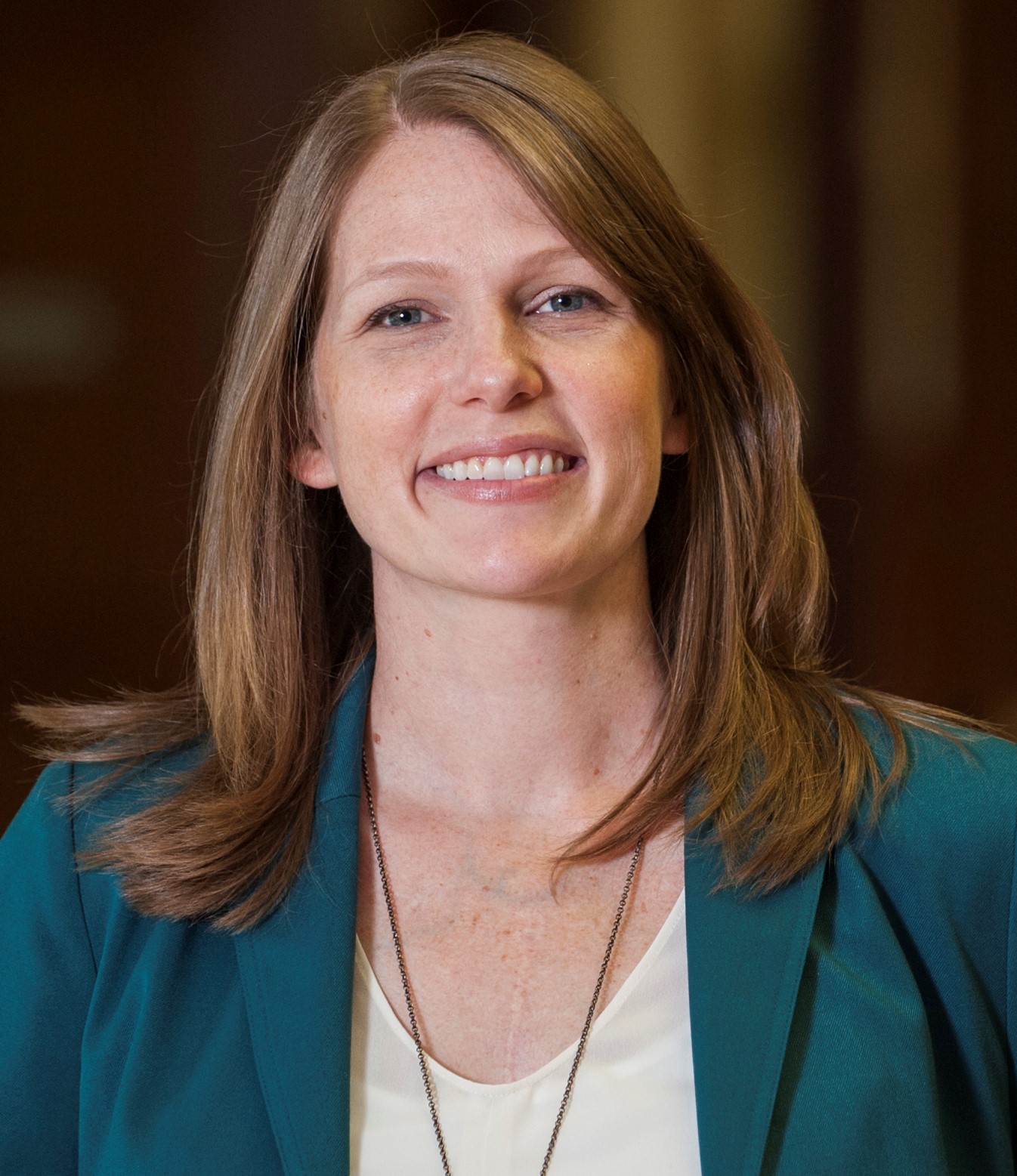
“Her legacy is gender equality,” said Meghan Boone, who has a focus on gender equality in the workplace and teaches at Wake Forest University School of Law in Winston-Salem, NC. “Obviously, we value her for lots of different reasons but the ability to foresee using male plaintiffs (to demonstrate inequity) was so effective and will be a lasting part of her legacy.”
RELATED: Are parental leave policies unfair? Trial will decide.
RELATED: Judicial elections may be part of justice system reform
Ginsburg argued her first case in front of the U.S. Supreme Court in 1973. During Frontiero v. Richardson, Ginsburg advocated for the strict scrutiny of gender discrimination. The case was over a statute that automatically gave housing and benefits to wives of uniformed men, but not husbands of uniformed women. Ginsburg argued not only was this unfair to Sharron Frontiero, a female member of the Air Force, but it also marginalized her husband, Joseph.
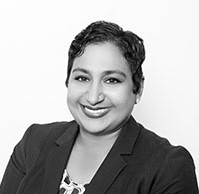
“This was about doing away with all those old notions of gender roles,” Sunu Chandy, Legal Director for the National Women’s Law Center in Washington, D.C. “Ruth Bader Ginsburg was always about bringing everyone forward to have the same rights under the law, and bringing the law forward to meet us where we are.”
This is what drove Ginsburg not just to establish gender equality, but also to champion gay marriage, protect voting rights and improve access for those with disabilities.
She graduated at the top of her class from Columbia Law School in 1959, after two prior years with stellar grades at Harvard Law School. She found no law firm in New York City would hire her because she was a woman. Ginsburg knew discrimination.
She experienced it in law school, too, as one of nine women in a class of more than 900 men when she started at Harvard Law School. She was not allowed to enter the library to the library on occasion because of her sex.
“There is no one else (on the Supreme Court) who has lived through being denied (opportunities) for being a woman like that,” Chandy said. “When you have someone with that kind of background, they bring that expertise of lived experience and that expertise for the facts and that’s what makes them be a good judge. They really have a personal and professional sense of what needs to happen.”
As an attorney and judge, Ginsburg “was always looking at who’s being harmed,” Chandy added.
She won five of every six cases she argued before the Supreme Court, and often wrote the majority opinion as a justice. But her words of dissent carry lasting impacts as well.
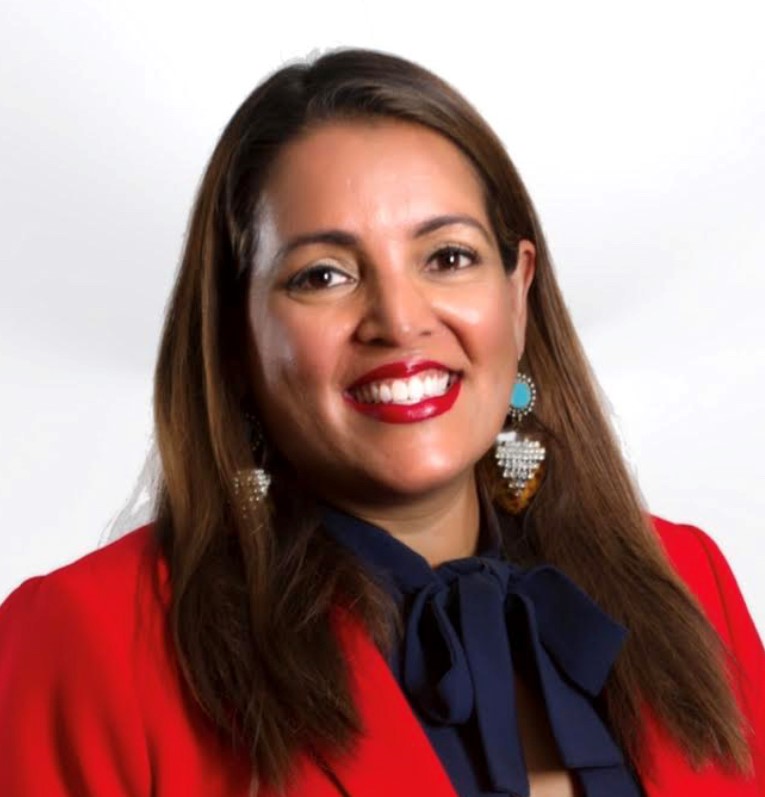
“In the Lilly Ledbetter case, her dissent in that case is on the right side of history. She actually read her dissent from the bench, which was very powerful,” said Seema Mohapatra, Associate Professor of Law and at Indiana University Robert H. McKinney School of Law.
"The Court does not comprehend or is indifferent to the insidious way in which women can be victims of pay discrimination," Ginsburg said, calling upon Congress to act where the court had not.
Mohapatra considers Ginsburg’s dissent in Ledbetter v. Goodyear Tire & Rubber Co. as a catalyst to the passage of the Lilly Ledbetter Fair Pay Act, which was signed into law in 2009.
Here’s a look at other cases in which Ginsburg played a key role in progressing women’s equality before she became a justice.
Reed V. Reed, 1971
The Supreme Court ruled unanimously that a state statute that provides that males must be preferred to females in estate administration denies women equal protection of the law. Ginsburg wrote an amicus or “friend of the court” brief on behalf of the ACLU arguing that the law discriminated against women and was unconstitutional under the Fourteenth Amendment.
Pittsburgh Press v. Pittsburgh Commission on Human Relations, 1973
Ginsburg co-authored an amicus brief submitted to the Supreme Court, which ruled that employers’ use of sex-segregated “Male Help Wanted” and “Female Help Wanted” columns and newspapers’ publication of these columns was illegal. The sex-segregated listings enabled employers to seek illegal gender preferences.
Corning Glass Works v. Brennan, 1974
This is the first time the Supreme Court heard a case on the Equal Pay Act based on women being paid less for the same work. The court ruled that Corning was violating the act passed in 1963 by paying its female day inspectors less than its male night inspectors. Ginsburg wrote an amicus brief in the case.
Weinberger V. Wiesenfeld, 1975
Stephen Wiesenfeld’s wife died during childbirth but he was denied any of her Social Security benefits. Ginsburg presented oral arguments that this provision of the Social Security Act using gender-based distinctions was unconstitutional. The Supreme Court ruled in favor of Wiesenfeld over Casper Weinberger, Secretary of Health Education and Welfare at the time.
Cleveland Board of Education v. LaFleur, 1975
Ginsburg coauthored an amicus brief for this case arguing that it was unconstitutional for public employers to require women to take unpaid maternity leave after the first trimester of pregnancy because of a presumption that pregnant women are no longer able to work. The court ruled in favor of Carol Jo LaFleur, a teacher at Patrick Henry Junior High School in Cleveland.
Edwards v. Healy, 1975
Ginsburg presented oral arguments before the Supreme Court stating a Louisiana law that exempted women from jury duty unless they wrote in requesting to serve denied litigants of a jury drawn from a representative cross section of the community. The high court sent this case back to district court without opinion. However, it invalidated that statute in a companion case, Taylor v. Louisiana, the same year.
Califano v. Goldfarb, 1977
Ginsburg represented Leon Goldfarb who was denied Social Security survivor benefits after his wife, a 25-year employee of the New York City public schools, died. Ginsburg stated the Social Security practice of men having to prove their wife’s income represented over half of their financial support "assume[d] gainful employment as a domain in which men come first, women second," and also favored "one type of marital unit over another."
Dothard v. Rawlinson, 1977
Ginsburg cowrote an amicus brief for this case in which the Supreme Court invalidated Alabama’s height and weight requirements for prison guards that have the effect of excluding the vast majority of female candidates, finding that these requirements violate Title VII.
Los Angeles Department of Water and Power v. Manhart, 1978
Ginsburg wrote an amicus brief for this case in which the Supreme Court ruled that requiring female workers to make larger pension fund contributions than male colleagues violated Title VII. Employers should not be able to base personnel policies on assumptions about differences between men and women as groups.
Duren v. Missouri, 1979
Ginsburg presented oral arguments to the Supreme Court that a Missouri state statute exempting women from jury duty upon their request violates a defendant’s Sixth and Fourteenth Amendment rights to be tried by a jury drawn from a fair cross-section of the community. Billy Duren had been convicted of first-degree murder. The Supreme Court said there was no significant state interest to justify exempting women from jury duty and struck down Duren’s conviction.
Orr v. Orr, 1979
Ginsburg authored an amicus brief for this case, in which the Supreme Court invalidated statutes that dictated husbands, but not wives, may be required to pay alimony. It ended the assumption that wives are dependent upon their husbands for financial support, but husbands are never dependent on wives.
Califano v. Westcott, 1979
Ginsburg wrote an amicus brief that helped persuade the Supreme Court to invalidate a program for unemployment benefits under the Aid to Families with Dependent Children program. The program provided benefits to families with unemployed fathers, but not to those with unemployed mothers. The court ruled it was unconstitutional because of the presumption that fathers are primary breadwinners and a mother’s employment is secondary.

